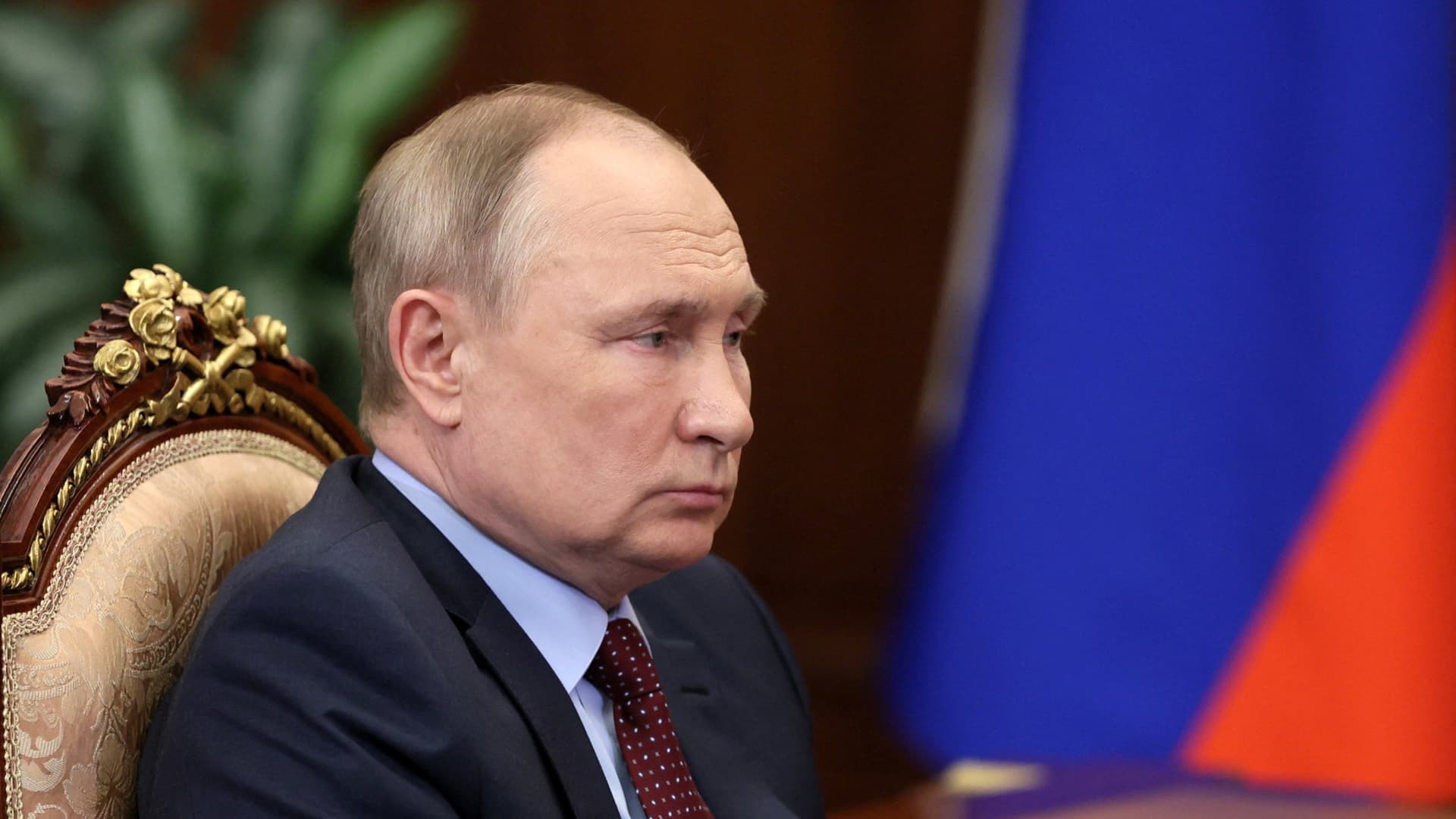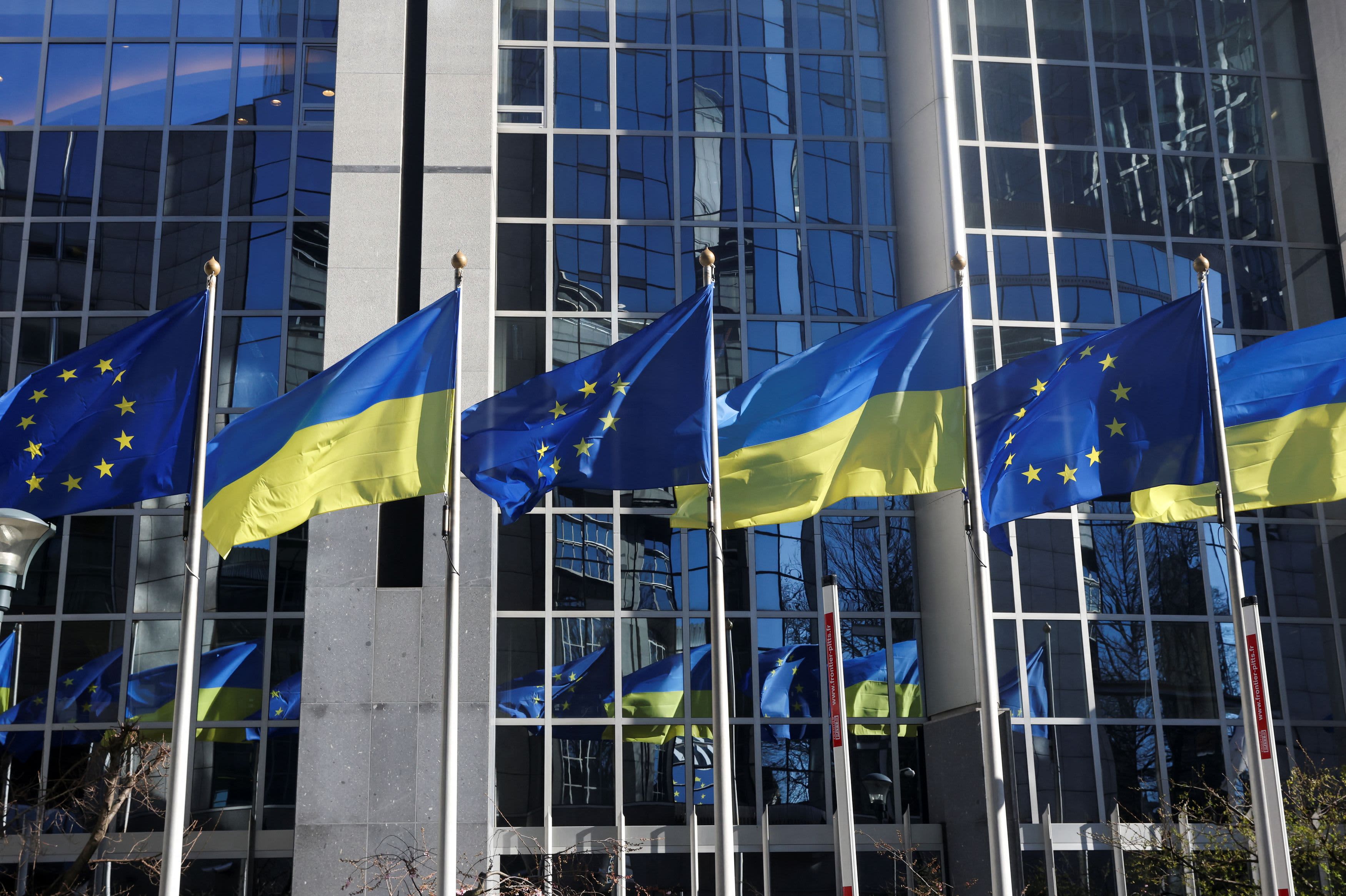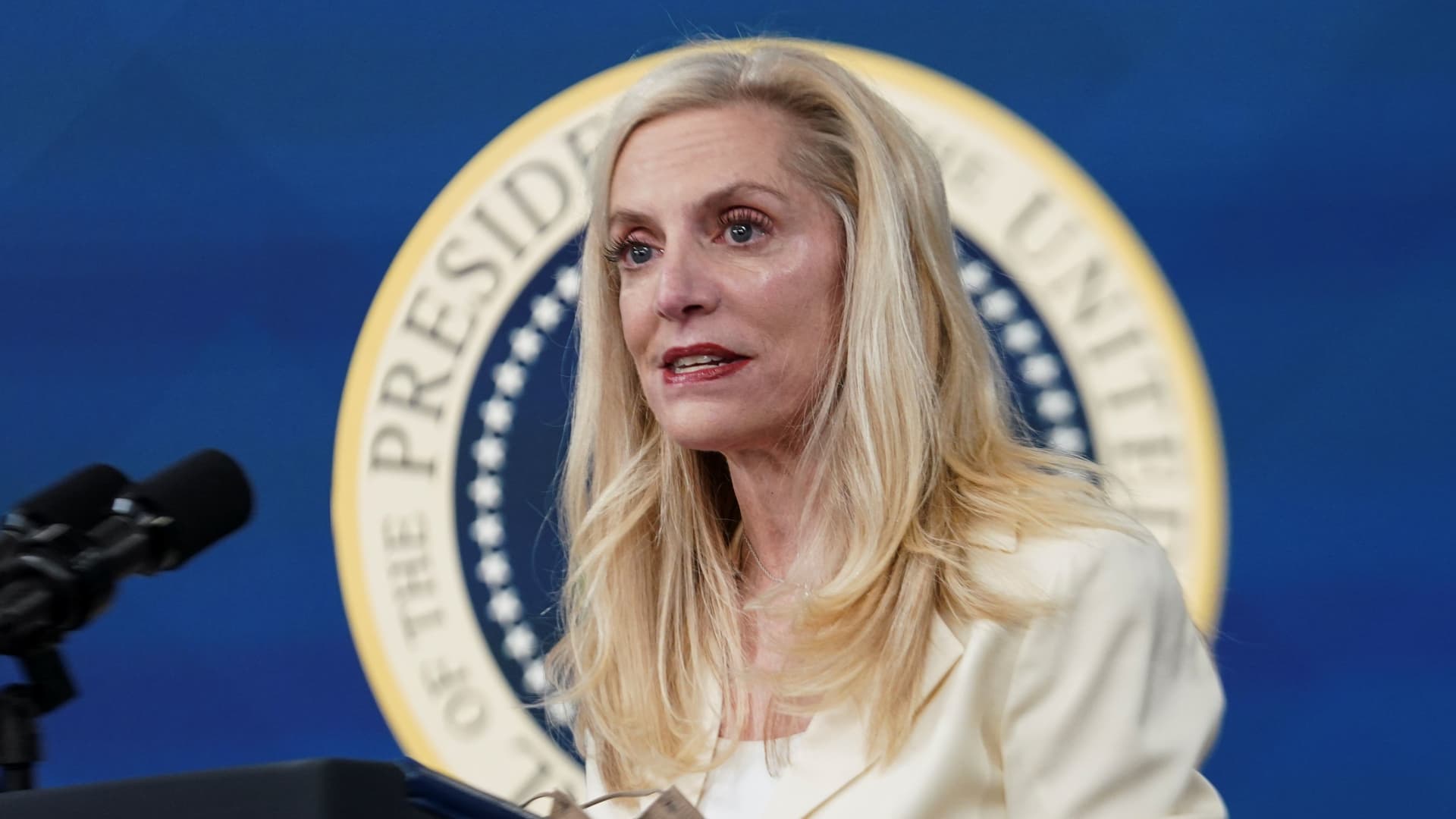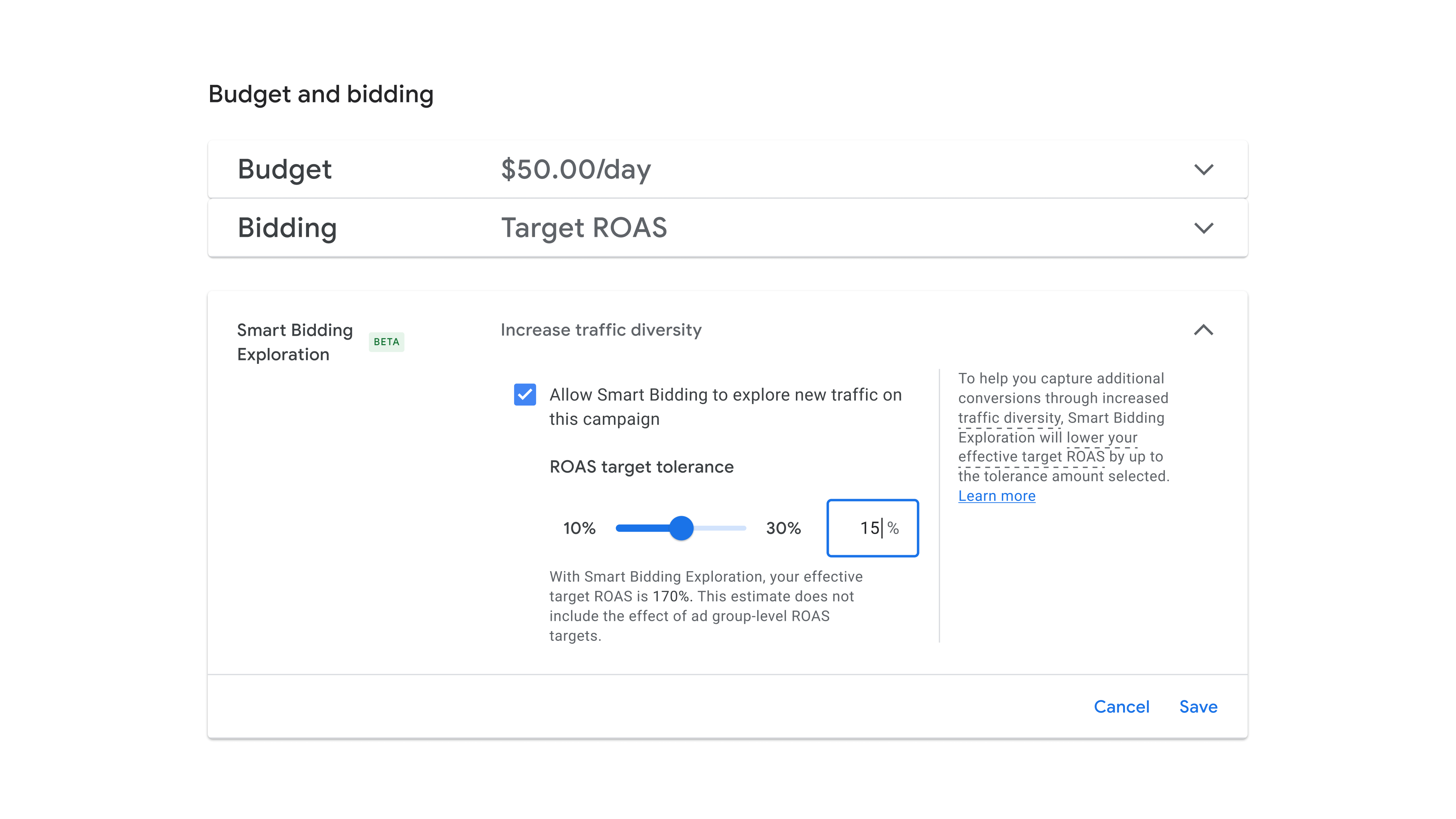North Korean missile launch raises alarm in Washington
The White House responded on multiple fronts to North Korea's long-range ballistic missile launch, deploying diplomats, military leaders and the president.
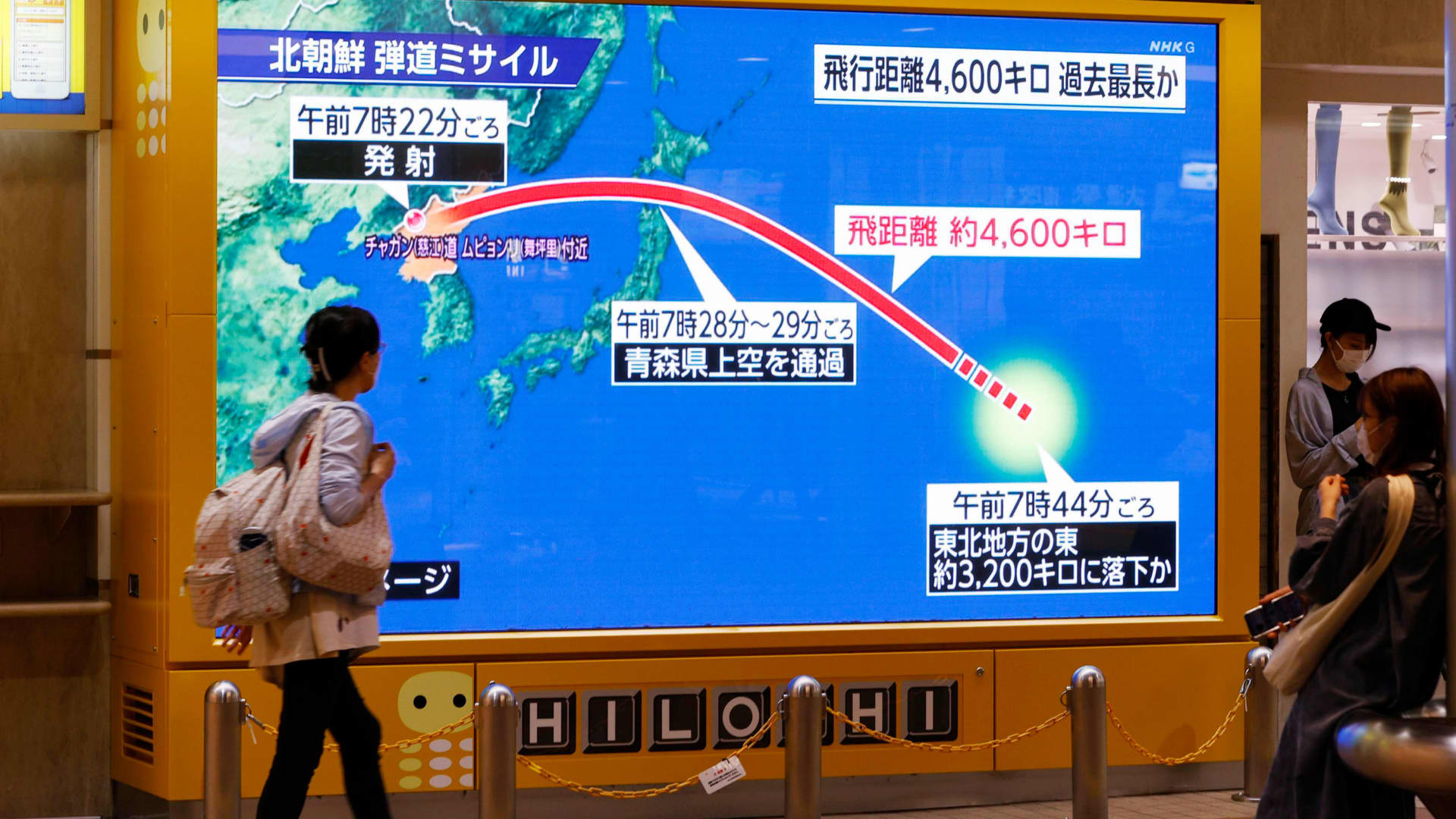
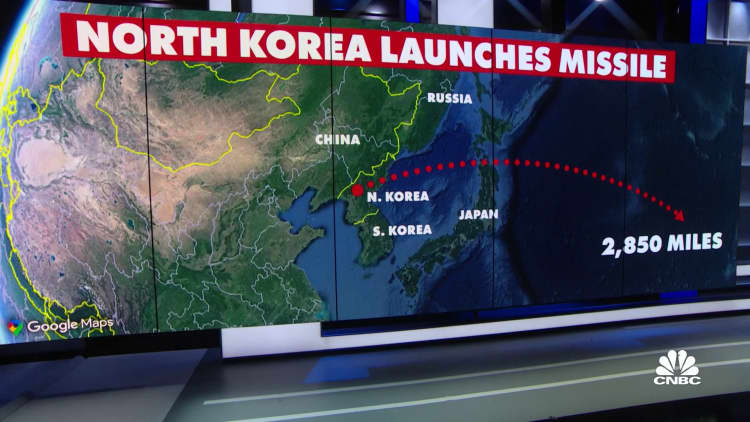
WASHINGTON — The Biden administration responded on multiple levels Tuesday to North Korea's latest long-range ballistic missile launch, reaching out to allies in the region on diplomatic and military fronts, and at the leader level by U.S. President Joe Biden.
The missile was fired late Monday, flying over Japan early on Tuesday morning before landing in the Pacific Ocean.
This latest North Korean missile test — the 23rd year to date — was different because it marked the first time in five years that a North Korean missile had been fired directly over Japan. Residents in northern prefectures awoke to sirens and directions to take cover.
On Tuesday morning, Biden spoke to Japanese Prime Minister Fumio Kishida to reinforce America's "ironclad commitment to Japan's defense," and to recognize the launch "as a danger to the Japanese people," the White House said.
A roadside screen in Sapporo in Hokkaido, on Oct. 4, 2022, shows a news report on North Korea's launch of a ballistic missile over the Japanese archipelago for the first time in five years.
Kyodo via AP Images
The presidential call followed conversations Monday night between national security adviser Jake Sullivan and Secretary of State Antony Blinken and their Japanese and South Korean counterparts, White House press secretary Karine Jean-Pierre told reporters at a briefing Tuesday.
Defense Secretary Lloyd Austin also spoke by phone with his counterparts in Tokyo and Seoul, according to the Pentagon.
A unifying thread running through all the official accounts of the phone calls was the word "ironclad," which is how each of these U.S. officials described America's commitment to the defense of Japan and South Korea.
That stated commitment from the U.S. and its allies were audible and visible Tuesday in the skies above northeastern Asia.
In airspace over the Yellow Sea off the Korean peninsula, the U.S. and South Korea conducted joint aerial flight and precision targeting exercises on Tuesday in response to the missile launch. The training exercises included firing at a target on an uninhabited island.
A similar joint exercise was held for U.S. Marine Corps fighters and Japan air self-defense fighters, Jean-Pierre said.
While the exercises Tuesday were held specifically in response to the latest missile launch, they also served to strengthen trilateral coordination in the face of a threat that keeps growing, National Security Council spokesman John Kirby said.
"Every time [North Koreans] do one of these launches, some are successful. Some are not. Some are only partially successful. But each time they do this, they learn. They get better. They get more capable," Kirby said on Fox News Tuesday.
"That's what makes us want to stay vigilant, and make sure that we've got the capabilities ourselves in the region to defend our national interest and those of our allies," he said.

 Koichiko
Koichiko 







